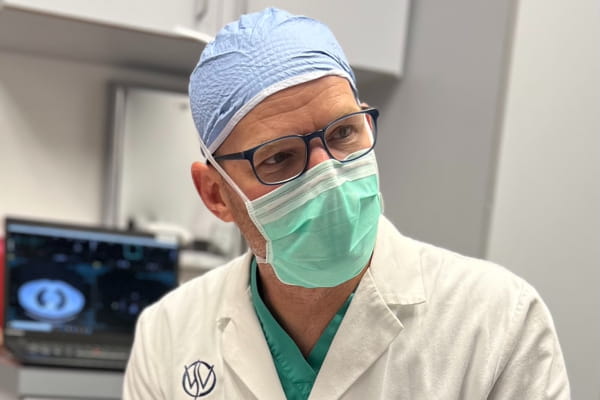Just look at the numbers. This year, between Jan. 1 and Sept. 30, the Oncology navigation team at the Ascension Via Christi Cancer Center arranged for 1,042 patients to have a low-dose CT lung screening.
Out of those:
- 15 lung cancers were diagnosed and treated using surgery, chemotherapy, radiation or a combination of the three;
- 176 required some form of follow up;
- 95 continue to be under close monitoring;
- 7 other cancers, including kidney, breast and thyroid, were identified and referred for further diagnosis and treatment; and some other conditions, such as aortic aneurysms and hernias, were detected.
More than 1,000 screenings may seem like a lot in just three quarters of a calendar year, particularly when overall cancer screenings have been down due to the pandemic. However, there are so many more patients who meet the criteria and are unaware of the need or availability of this effective, but vastly under-utilized tool, which typically is covered by insurance at no cost to eligible patients. In fact, only about 15 percent of the 8.6 million Americans eligible for lung cancer screenings are aware they should get them.
Low-dose CT is the only screening tool that can reduce a person's risk of dying from lung cancer by catching it in an early and more treatable stage.
Taking part is easy.
After a referral from their primary care physician, patients complete a brief respiratory assessment and questionnaire to make sure they met the screening criteria, which is based on their age and years and amount of tobacco use. They then meet with the nurse navigator, who makes arrangements for them to have a low-dose CT at one of four Ascension Medical Group Via Christi Imaging locations. The CT is read by a radiologist and the results are reported to the patient's primary care physician and, if it requires follow-up, the results are reviewed by the multidisciplinary cancer committee for recommended next steps.
Again, the goal of the program is to identify lung cancers in their earliest and most treatable stages.
If you are a long-time smoker between the age of 55 and 77 or were a smoker, but quit within the past 15 years, talk to your physician about a low-dose CT lung cancer screening. If you have friends and loved ones who meet this criteria, please encourage them to do so as well.
It's a 15-minute process that could just save your life or the life of someone you love.
For more information about Ascension Via Christi's lung cancer screening program, call Lori Hurst at 316-268-5680.

